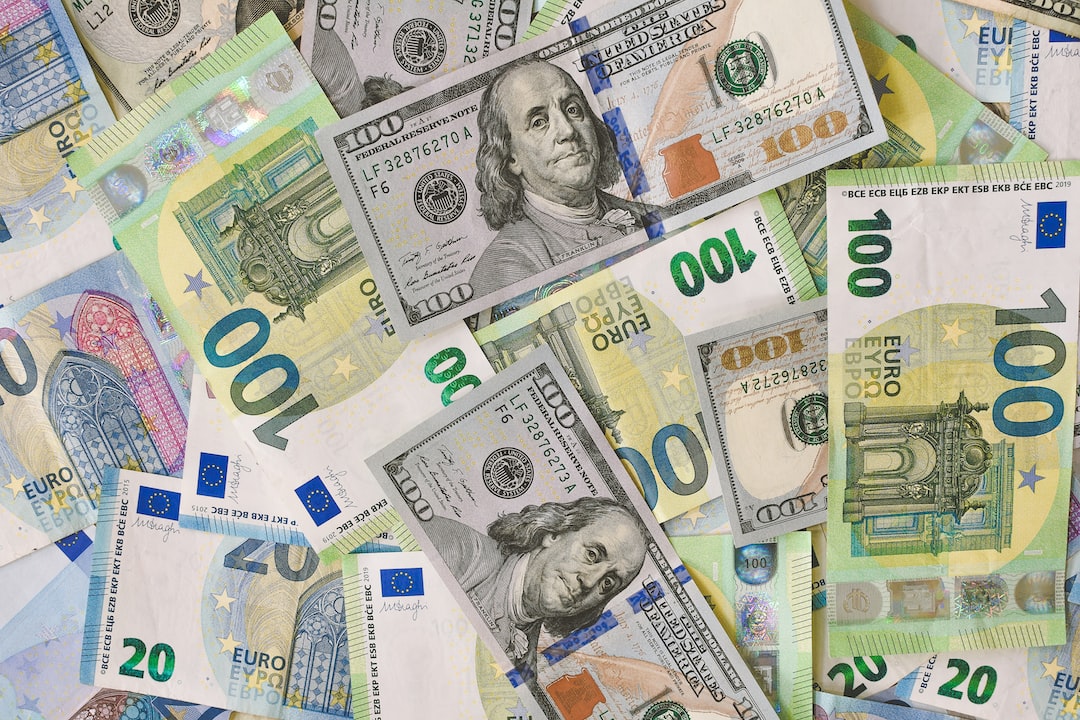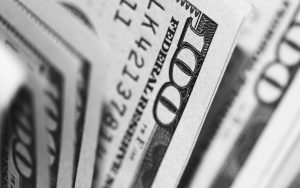Forex trading, also known as foreign exchange trading, has become increasingly popular in recent years. With the rise of online trading platforms and the ease of access to the global financial markets, more and more people are turning to forex trading as a means of generating income. However, as with any form of income, forex trading is subject to taxation. In this article, we will explore how to tax forex trading.
Forex trading and taxation
Forex trading is considered a form of investment, and as such, any profits made from forex trading are subject to taxation. The taxation of forex trading varies depending on the country in which you reside. In the United States, for example, forex trading is taxed as ordinary income, which means that the profits made from forex trading are subject to the same tax rates as other forms of income, such as wages and salaries.
In other countries, forex trading may be subject to capital gains tax or other forms of taxation. It is important to understand the tax laws in your country and to consult with a tax professional to ensure that you are complying with all applicable tax regulations.
Keeping records
One of the most important aspects of taxing forex trading is keeping accurate records. Keeping detailed records of your trades is essential for calculating your profits and losses, and for ensuring that you are complying with all applicable tax regulations.
Your trading records should include information such as the date of the trade, the currency pair traded, the size of the trade, the entry and exit prices, and any fees or commissions paid. You should also keep track of any profits and losses made on each trade, as well as any fees or expenses related to your trading activities.
Calculating taxes
Once you have accurate records of your trading activity, you can begin to calculate your taxes. The exact method of calculating taxes on forex trading will depend on the tax laws in your country.
In the United States, forex trading profits are taxed as ordinary income. This means that the profits made from forex trading are added to your total income and taxed at your marginal tax rate. Your marginal tax rate is the highest tax rate that applies to any portion of your income.
For example, if you have a marginal tax rate of 25% and you make $10,000 in profits from forex trading, you would owe $2,500 in taxes on those profits.
In other countries, forex trading may be subject to capital gains tax. This means that profits made from forex trading are taxed at a lower rate than ordinary income. The exact rate of capital gains tax will depend on the tax laws in your country.
In some countries, forex traders may also be able to deduct certain expenses related to their trading activities, such as the cost of trading software or internet fees. Again, it is important to consult with a tax professional to ensure that you are complying with all applicable tax regulations.
Conclusion
Taxing forex trading can be complex, but it is an important aspect of being a responsible trader. By keeping accurate records and understanding the tax laws in your country, you can ensure that you are complying with all applicable tax regulations and avoiding any potential penalties or fines. If you are unsure about how to tax your forex trading profits, it is always best to consult with a tax professional who can provide guidance and advice tailored to your specific situation.





